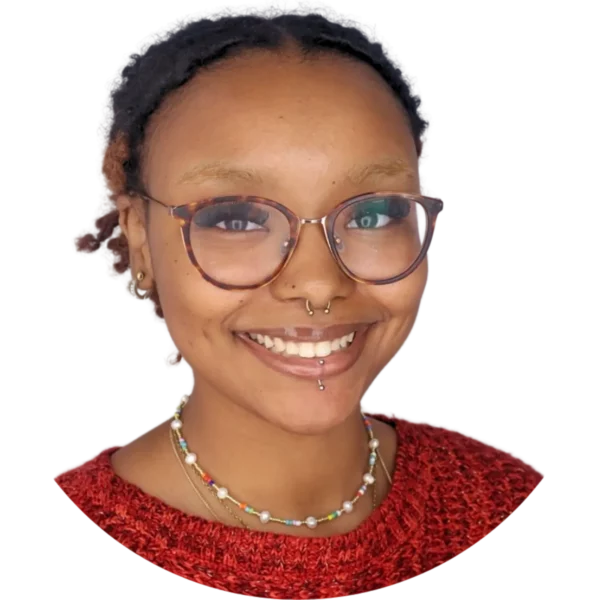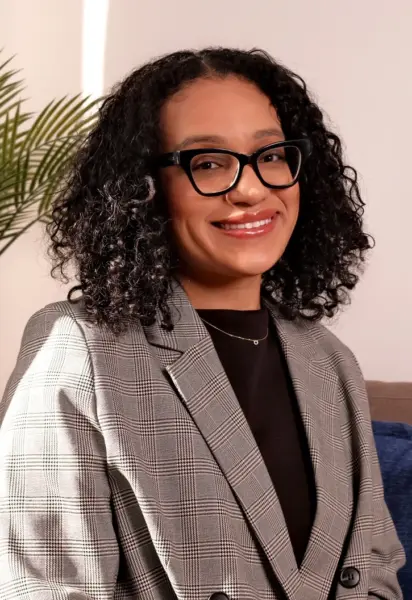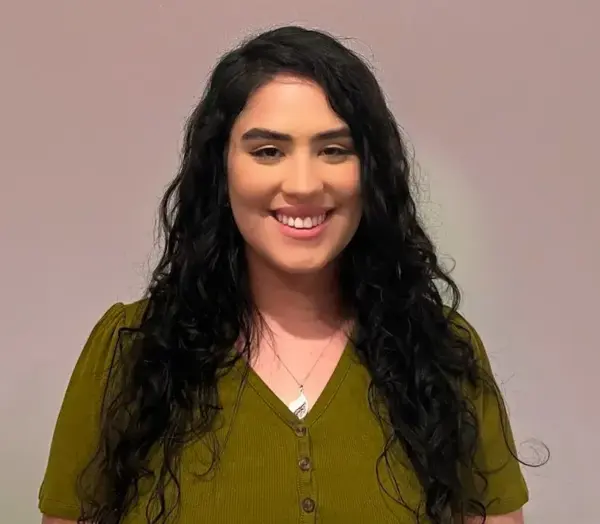Using Art in Therapy for Creative Healing in New Jersey
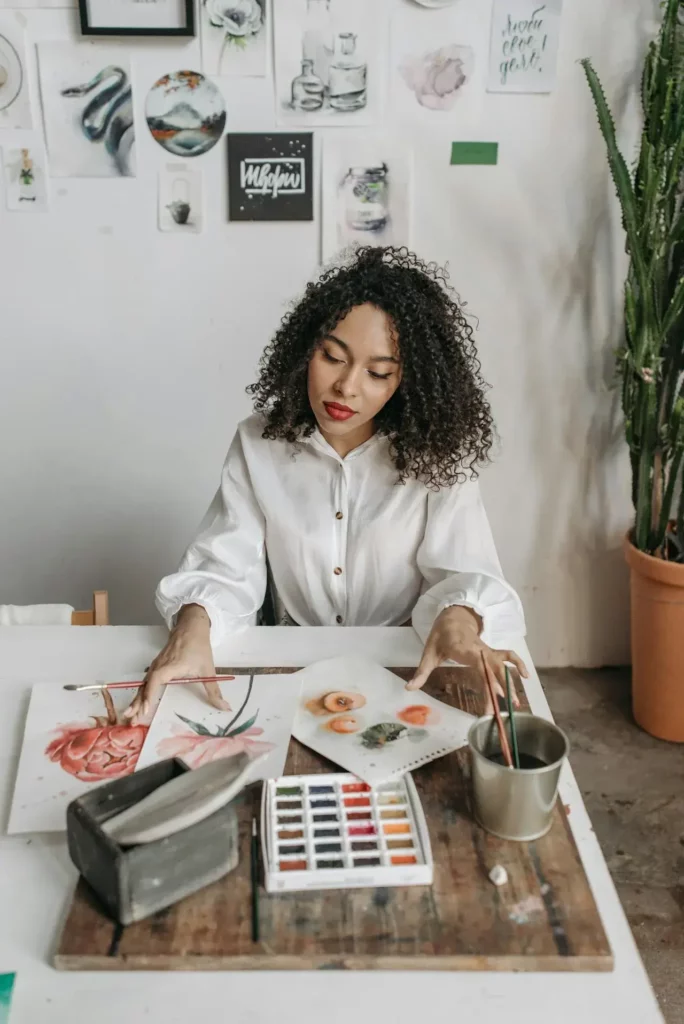
Art in Therapy: A Creative Path to Healing
Expressive Arts Therapy blends psychotherapy with creative expression to support emotional healing. Unlike traditional art therapy, which focuses on a single medium, this intermodal approach uses multiple art forms—such as visual art, music, movement, drama, and writing—to help individuals express emotions that may be difficult to articulate verbally.
What Is Art Therapy?
Expressive Art Therapy is a form of psychotherapy that uses creative methods such as drawing, painting, sculpture, or collage to help individuals explore their emotions, improve self-esteem, and manage stress. Rooted in the belief that creativity fosters healing, this approach offers a non-verbal outlet for processing difficult emotions and experiences.
Benefits of Using art in therapy include:
- Reducing stress and anxiety
- Enhancing self-awareness
- Improving emotional resilience
- Encouraging self-expression without judgment
How Expressive Arts Therapy Differs
While art therapy focuses on specific visual arts & interpretation, expressive arts therapy integrates multiple creative modalities, including:
- Dance and movement:
- Releasing tension and expressing feelings through physical motion
- Music and sound:
- Exploring emotions via rhythm, melody, and soundscapes
- Drama and storytelling:
- Role-playing and storytelling to gain new perspectives
- Poetry and writing:
- Using written words to reflect on thoughts and emotions
This holistic approach allows for a deeply personalized therapeutic experience that meets you where you are on your journey.
Ready to Start Using Art in Therapy?
Who Can Benefit from Expressive Arts Therapy?
Expressive Arts Therapy is suitable for people of all ages and backgrounds. It can be particularly helpful for:
- Individuals struggling with emotional regulation or communication
- Individuals navigating identity or social pressures
- Individuals dealing with life transitions, grief, or chronic stress
- Individuals seeking a creative outlet to cope with aging or isolation
Using art in therapy helps to create a safe space to explore feelings, uncover hidden emotions, and develop healthier coping mechanisms.
Why Choose Expressive Arts Therapy in New Jersey?
Our expert team is dedicated to tailoring sessions to your individual needs. We combine traditional therapeutic techniques with the transformative power of art to help you achieve your goals. Whether you’re seeking support for mental health challenges or simply looking to tap into your creativity, we provide a nurturing environment for growth and exploration.
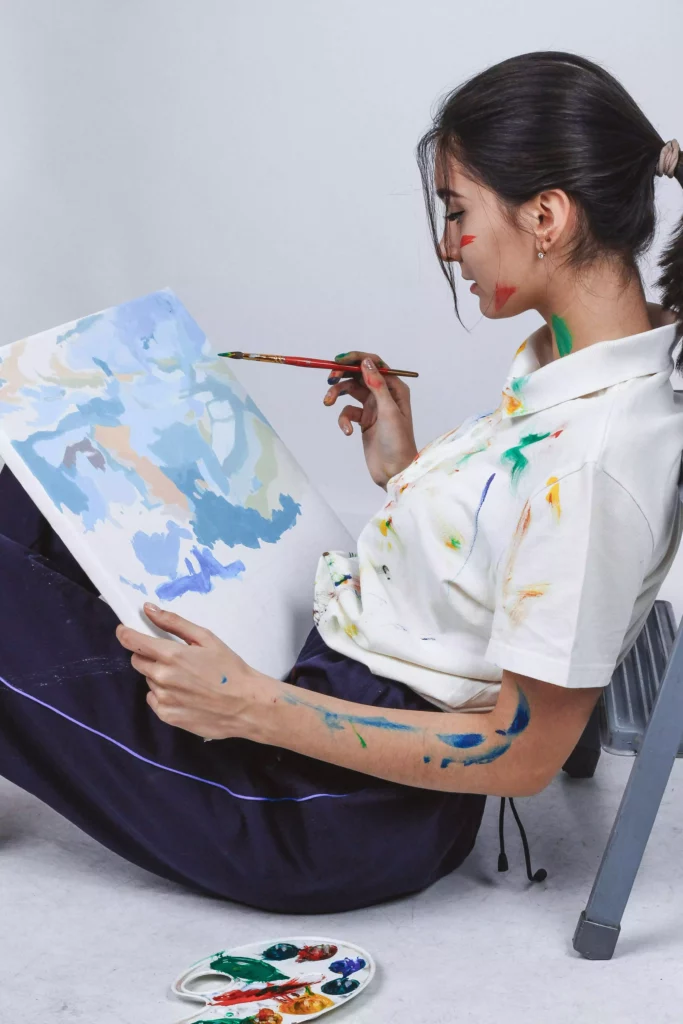
Art in Therapy for OCD
Obsessive-compulsive disorder (OCD) often involves intrusive thoughts and repetitive behaviors. Art therapy can help:
- Break cycles of obsession and compulsion by offering a creative outlet.
- Enhance emotional regulation through mindfulness-based art activities.
- Encourage self-reflection to identify triggers and coping strategies.
- Creative exercises like mandala drawing or collage-making provide a calming structure, helping individuals focus their energy on meaningful self-expression.
Art in Therapy for Anxiety
Anxiety can feel overwhelming, but when we incorporate art in therapy, clients can feel safe while exploring and expressing their emotions. Benefits include:
- Lowering stress levels through calming activities like painting or coloring.
- Externalizing emotions to better understand and address them.
- Building resilience by reinforcing a sense of control over one’s creations.
- Art therapy can include guided imagery or creating “worry jars” to help individuals release anxious thoughts in a tangible way.
Art in Therapy for Stress
Stress manifests in both the body and mind, and art therapy can alleviate its effects by:
- Promoting relaxation through repetitive, soothing art activities.
- Improving problem-solving skills by encouraging creative thinking.
- Providing a healthy outlet for releasing pent-up energy.
- Therapists often recommend practices like creating gratitude journals, doodling, or exploring abstract art to combat stress.
Art in Therapy for Depression
For those experiencing depression, expressive arts therapy serves as a medium for:
- Expressing emotions that may feel difficult to articulate verbally.
- Reconnecting with a sense of joy through creative exploration.
- Boosting motivation and self-worth by completing meaningful projects.
- Exercises like painting emotions with specific colors or journaling through visual art can empower individuals to process and overcome depressive feelings.
Art in Therapy for Trauma
Trauma often affects the ability to communicate or process events verbally. Art therapy provides:
- A non-verbal outlet for expressing difficult emotions and memories.
- A sense of safety and control through structured creative activities.
- Reintegration of fragmented memories by creating narratives through art.
- Activities like creating a trauma timeline through art or working on a safe space drawing can help individuals reclaim their narrative and foster healing.
Art in Therapy for Grief
Grief is a deeply personal journey, and art therapy supports healing by:
- Offering a safe space to honor and remember loved ones.
- Helping process complex emotions such as guilt, anger, or sadness.
- Providing closure through creative memorials or visual storytelling.
- Creating memory boxes, painting symbols of loss, or writing poetry are common techniques to support individuals in mourning.
Art in Therapy for Self-Esteem
Building self-esteem through creative therapies may involve:
- Recognizing strengths and celebrating individual creativity.
- Developing a positive self-image by focusing on one’s unique style.
- Reframing negative thoughts through visual storytelling.
- Activities like creating self-portraits or collages of personal achievements help individuals rediscover their value and potential.
My therapist has been a crucial help in my management of my OCD.
Since working with her I've eliminated nearly all of my avoidance behaviors, while also decreasing my daily distress significantly, as well as improving my relationship dynamics. She's the first therapist I've worked with who always leaves me feeling hopeful and in good hands after every session.

I just feel like a brand new person!
I look forward to the day now and i know that my therapist is still there- in my corner! If you need help with the challenges that life gives you, please don’t hesitate to make an appointment!

No matter the reason why you or a loved one might seek therapy, I give my very highest recommendation.
My therapists wisdom, compassion and insights make her one of the best, most gifted therapists I've experienced.

I know I'm growing emotionally & I feel stronger & better with each session.
Simply the best, a stroke of luck to have stumbled upon this practice & Rebecca. I appreciate the empathy, dedication, directness & flexibility more than I can put into words.

I’ve felt a marked difference in my overall emotional state since I started therapy.
I love working with my therapist. She really takes the time to listen to me and help me piece together my needs and coping strategies.

My therapist is fantastic.
I am receiving wisdom and insight in a nurturing and judgment free setting.

My baseline anxiety has significantly decreased since I started therapy.
I handle stressful situations with more grace than I previously did. I feel that I am able to be a better mother to my children and more confidence worker in my career.

Therapy has helped me to feel more confidence in myself
... and my ability to regulate my own emotions. I have been better able to reflect on my own thoughts and feelings and use my own self-awareness to better handle stressful situations in the future.
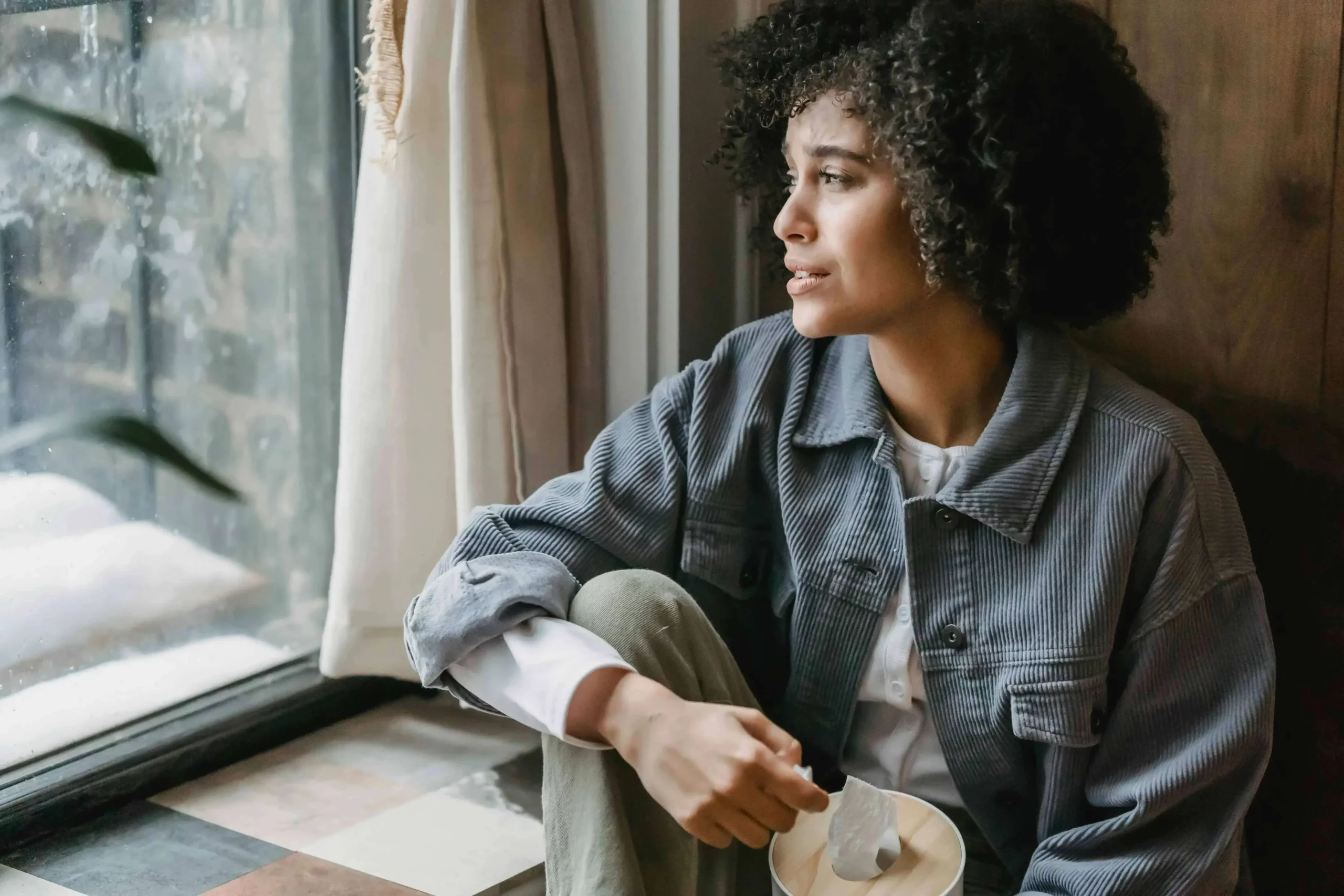
I have felt more confident in my abilities as a parent and a professional.
I was hoping to gain more self-confidence and build up my self-esteem, but I have also strengthened my abilities in other areas along the way

FAQ about
Online therapy in new jersey
Where are you located? I need a therapist near me
We are fully online, which means that your therapy sessions will be help via video call on our HIPAA compliant Platform. Anyone in New Jersey can access our therapy services
How do I get started as a new client?
New Clients can reach out to us directly via call, text or email here:
Does my insurance cover my visits?
We provide”Courtesy Billing” for clients who are using the Out-of-network insurance benefits.
Our Insurance Page might answer your questions about your insurance information, cost and OON coverage.
What are out-of-network benefits?
Visits our FAQ About Insurance to learn more about OON coverage for mental health services. We can also check your benefits for you. When using OON benefits, patients typically pay the full cost of the treatment upfront and then file a claim with their insurance company for reimbursement.
Is Online Therapy As Effective As In-Person Therapy?
Online therapy is essentially face-to-face counseling, just conducted remotely. Studies show that tele-therapy is as effective as traditional counseling. Professional organizations and state governments recognize its benefits and have set regulations for it. However, like any therapy, its success in achieving your goals isn’t guaranteed. It’s important to discuss with your therapist whether tele-therapy is working for you.
How Should I Prepare for My First Session?
Showing up is all that you need to do! But if you really want to get the most out of session, it could help to take some time to think about what you want from therapy. It helps to write down your goals, questions you have or things that you feel are important to share.
Do you offer traditional talk therapy?
of course! though we have some unconventional therapy approaches, we are rooted in evidenced based practices. Talk therapy is a major player in the therapy room! See What we Treat and Integrative Services for more information
Is Virtual Counseling Suitable for Everyone?
Online therapy might not be as effective for individuals with chronic suicidal thoughts, severe trauma, significant mental health history, or those recently in intensive care. Such cases often benefit more from traditional, in-person counseling. We’ll help you decide if our online services are right for you during your intake and evaluation.
Can I Change Therapists If I'm Not Happy?
Yes, you can switch therapists to another provider within the practice, or we can provide you a referral if preferred. We want to ensure that your time and effort are well spent, and that you are getting the relief you need, that’s why we work collaboratively with each other in the practice, as well as outside therapists who we know and trust.
How Do I Know If Therapy Is Helping?
You should feel like you’re making progress. Signs it’s working include:
- Feeling comfortable talking to your therapist
- Your therapist respects boundaries
- You’re moving towards your goals
- You feel listened to
You’re doing better in life - Your self-esteem is getting better
What is your cancellation policy?
We ask that clients provide at least 24 hours notice in the event that they need to cancel to avoid the 50% cancellation fee. we understand that life happens and do our best to be flexible & reschedule.
What Geographic Areas Are Served?
Currently, we serve clients in New Jersey and are expanding to other states as telehealth laws evolve. While telehealth offers the convenience of attending sessions from anywhere, state laws require clients to be in-state during their session.
Is Online Therapy Easy to Use for Non-Tech-Savvy People?
Yes, it’s pretty simple to access sessions. You’ll need basic internet skills, such as opening and visiting the patient link sent to you via email. It’s similar to video chatting like Facetime or Zoom. We can also walk you through it on the phone the first time to ensure a strong connection
What Questions Should I Ask My New Therapist?
Feel free to ask anything. Some good questions are:
- How often will we meet?
- What do you specialize in?
- What experience do you have with my issue?
- What outcomes can I expect?
- How will I know I’m progressing?
- How long do you usually work with clients?
- How will we set my treatment goals?
What is the difference between associate therapists & fully licensed therapists?
Our Qualifications:
Our founder, Rebecca Sidoti, is a highly qualified, state-licensed therapist and supervisor with extensive training in anxiety related disorders and innovative treatment such as Ketamine Therapy. Mind by Design Counseling adheres to standards set by the our governing counseling boards.
To see each providers credentials, training and licenses, visit our “Meet the Therapists” Page to learn more.
- LAC/LSW are therapists who may practice clinical work under the supervision of a fully licensed therapist.
- LPC/LCSW are therapists who have completed the necessary clinical hours post-graduation under supervision and can practice clinical work independently.


